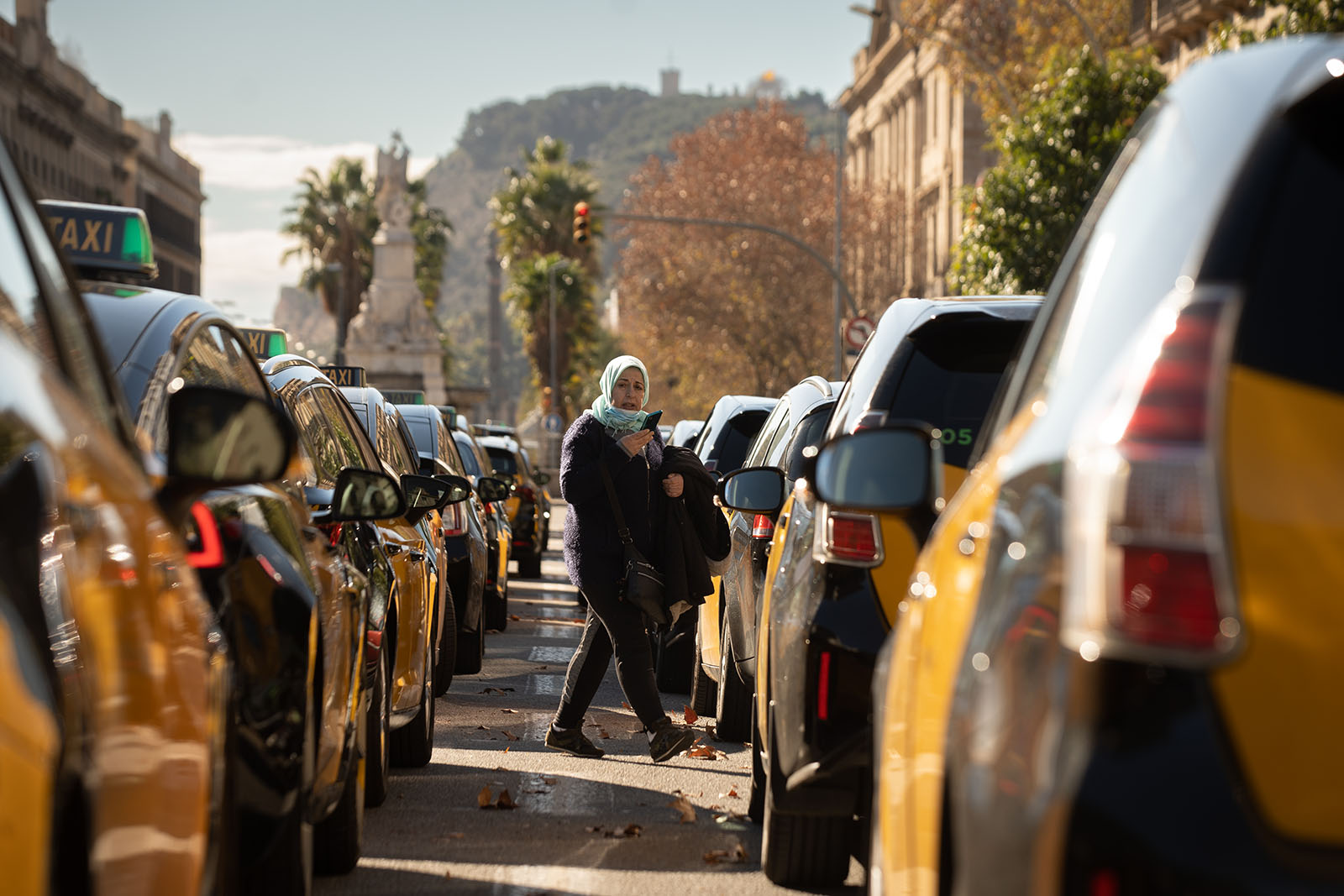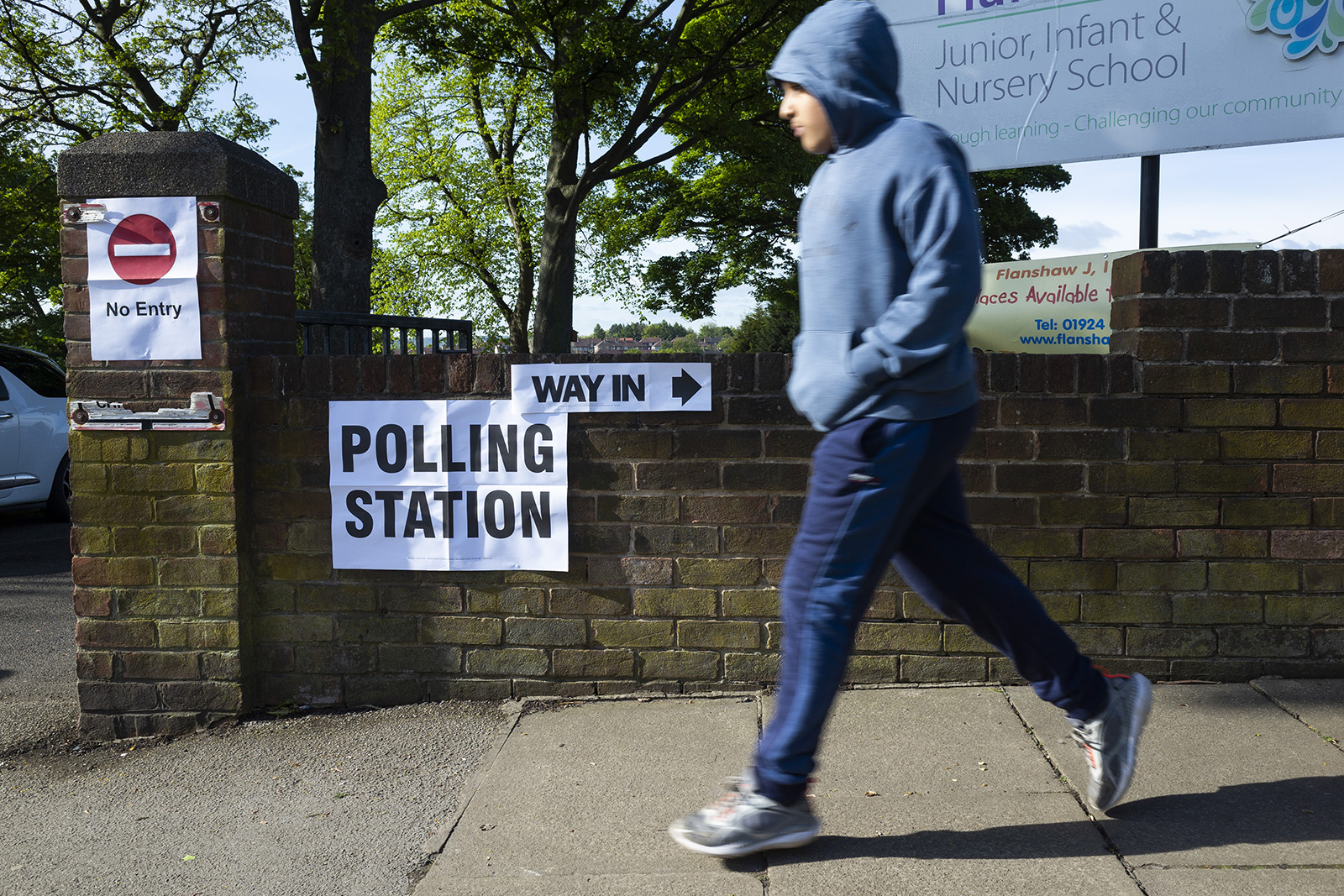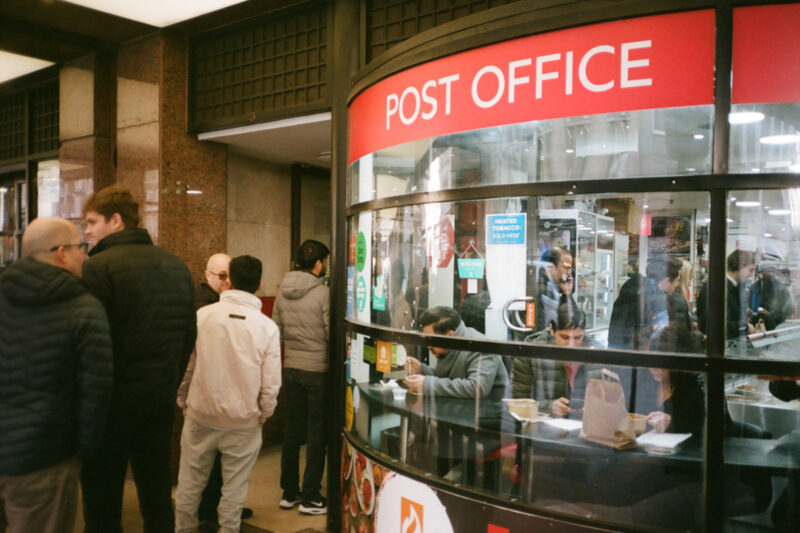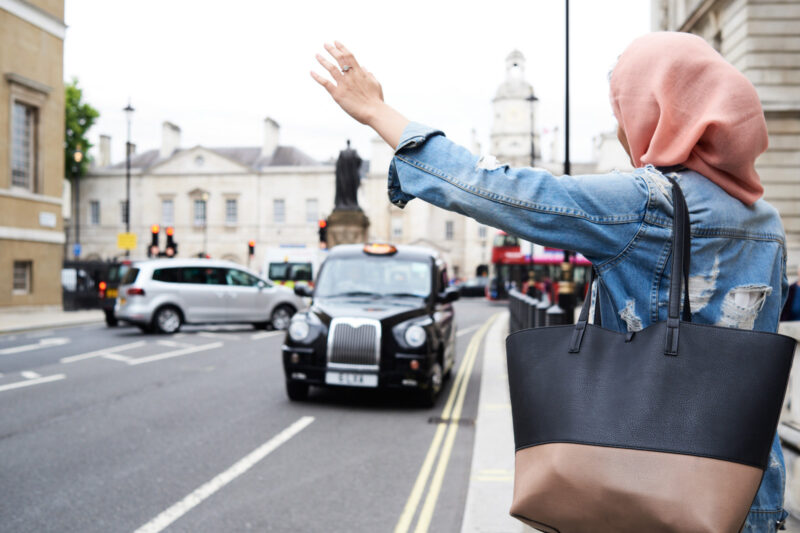Driverless cars could run us off the road, warn taxi and minicab drivers
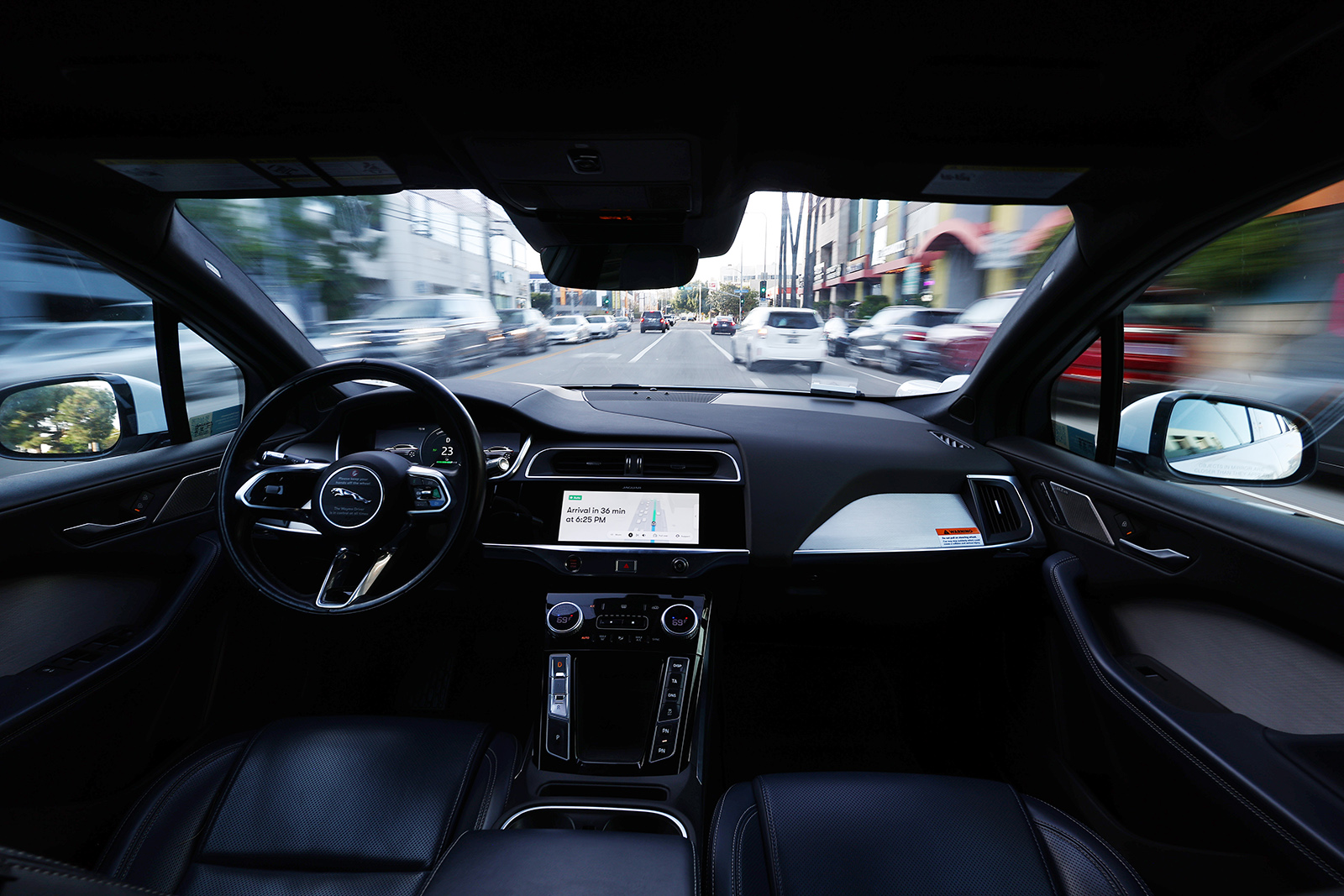
Cabbies, 42% of whom are Asian or Asian British, say they need protection as US firm Waymo plans London rollout of driverless vehicles
Plans to introduce “driverless taxis” in London next year are causing concern among cabbies and private hire drivers, who fear their jobs are at risk.
The proposal, by US firm Waymo, was welcomed by the UK government and will make London the first European city to have “autonomous vehicles” used in this way. Rival companies Uber and Wayve are also reported to have plans to introduce their own versions of “driverless” taxis.
Some 42% of England’s 381,000 taxi and private hire drivers described themselves as Asian or Asian British as of 2024, more than any other background. There is no reliable data on the faith of drivers, although union reps tell Hyphen that a significant proportion would identify themselves as Muslim.
“I can look at my spreadsheet and tell you how much I was earning in 2019, 2020, and so on. And I can tell you right now, each year, it’s either flat or it’s falling,” said Kola Olalekan, a GMB union rep for Uber drivers. He is concerned that companies such as Waymo adding more cars on to the roads will exacerbate this trend, reducing the income of drivers like himself and his members.
“Eventually and gradually, that will lead to loss of jobs, because if you cannot cover your cost, if you cannot feed your family, you’re going to be thinking: ‘What am I going to do next? I have to look for another job.’”
Ali Haydor, a taxi driver and activist with the GMB union in the south of England, highlighted that most drivers (89%) are self-employed and do not have the legal and financial protections that come with being an employee. “The operator could turn around tomorrow and say: ‘Thank you for your service, but we don’t need you any more,’” he said. “That driver then is left with the financial burden of dealing with the finances, whether they’re renting the vehicle, whether they bought the vehicle. So there is no protection, so there is no job security.”
In the meantime, the threat of driverless cabs has left drivers struggling to decide whether to invest in new vehicles when their current ones reach the end of their use.
Haydor and Olalekan would like to see support for drivers who lose their livelihood as a result of driverless cars enabled to access training, new jobs and support to carry on in self-employment. “It’s very obvious we’re going to be replaced by AI, but where’s our protection?” said Haydor.
Although Waymo has said its cars will have trained specialists in the front seat to ensure the tech works properly, the Wayve and Uber trial will run without humans at the wheel at all. Waymo did not say whether it would be seeking existing minicab drivers to retrain for the new roles, telling us only: “The autonomous specialists undergo rigorous training for the role and have previous driving experience.”
Hina Bokhari, who leads the Liberal Democrat group on the London Assembly, said: “We back innovation — but not at any cost. More than 100,000 workers would be affected in the city, and we need an honest conversation about supporting their futures. But I’m also really concerned about the impact on passengers. There’s a huge risk so-called cutting-edge driverless taxis could be far less accessible than our black cabs.”
 Newsletter
Newsletter


